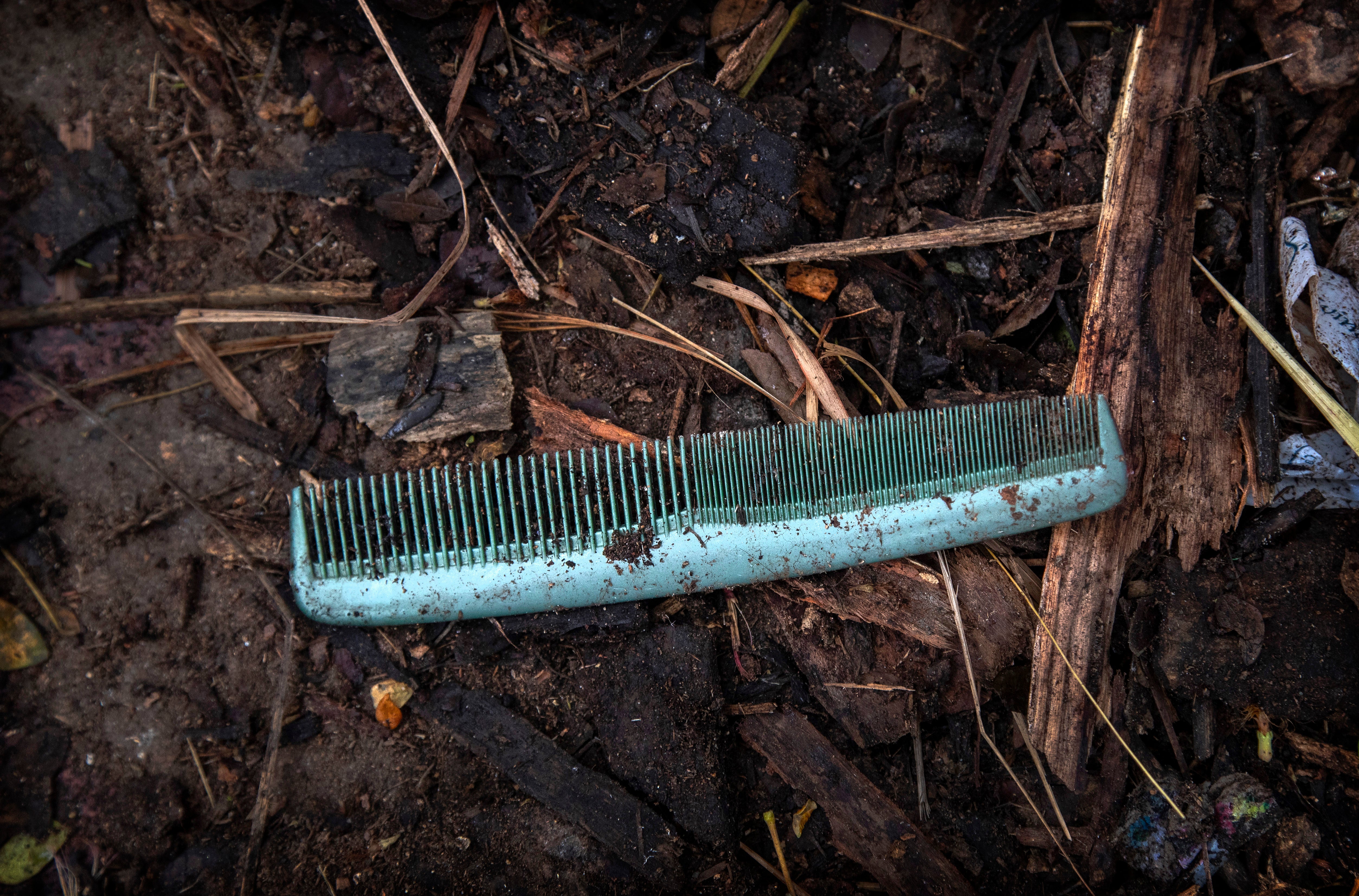AP PHOTOS: Scarf, comb show changes to Hindu cremation rites

Your support helps us to tell the story
From reproductive rights to climate change to Big Tech, The Independent is on the ground when the story is developing. Whether it's investigating the financials of Elon Musk's pro-Trump PAC or producing our latest documentary, 'The A Word', which shines a light on the American women fighting for reproductive rights, we know how important it is to parse out the facts from the messaging.
At such a critical moment in US history, we need reporters on the ground. Your donation allows us to keep sending journalists to speak to both sides of the story.
The Independent is trusted by Americans across the entire political spectrum. And unlike many other quality news outlets, we choose not to lock Americans out of our reporting and analysis with paywalls. We believe quality journalism should be available to everyone, paid for by those who can afford it.
Your support makes all the difference.A comb. A toothbrush. A bangle. A cotton scarf — protection from the summer heat now used as a face mask.
The personal belongings of cremated COVID-19 victims lie strewn around the grounds of the Ulubari cremation ground in Gauhati, the biggest city in India’s remote northeast.
It's a fundamental change from the rites and traditions that surround death in the Hindu religion. And, perhaps, also reflects the grim fears grieving people — shaken by the deaths of their loved ones — have of the coronavirus in India, where more than 405,000 people have died.
Hindus believe cremation of the body frees the soul so it can be reborn, and they often burn belongings that were with the body at the time of the death.
The belongings of the COVID-19 victims are left behind because of fear of touching them. They are scattered around the entire grounds of the Ulubari crematorium, particularly where the pyres are lit.
India’s devastating virus surge in April and May left families and patients pleading for oxygen outside hospitals, the relatives weeping in the street as their loved ones died while waiting for treatment. Crematoriums were overwhelmed and often lit around the clock.
Infections are declining, but authorities are pushing to increase vaccinations as they prepare for another possible surge.